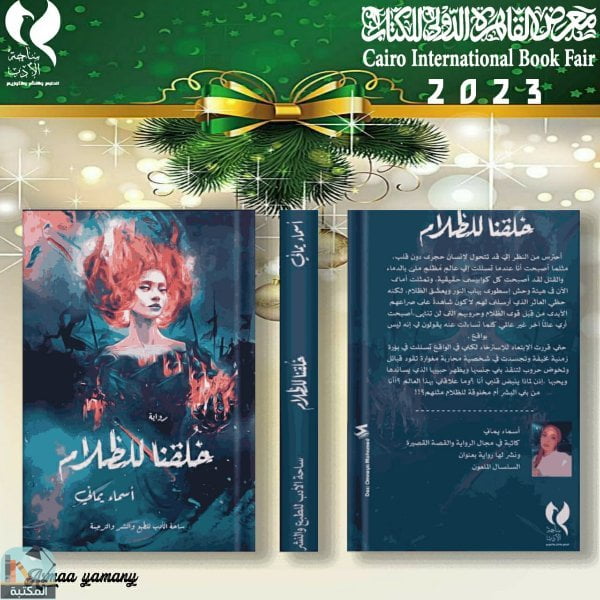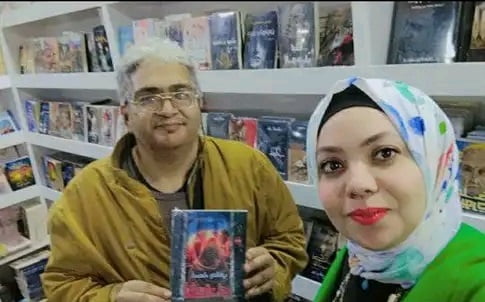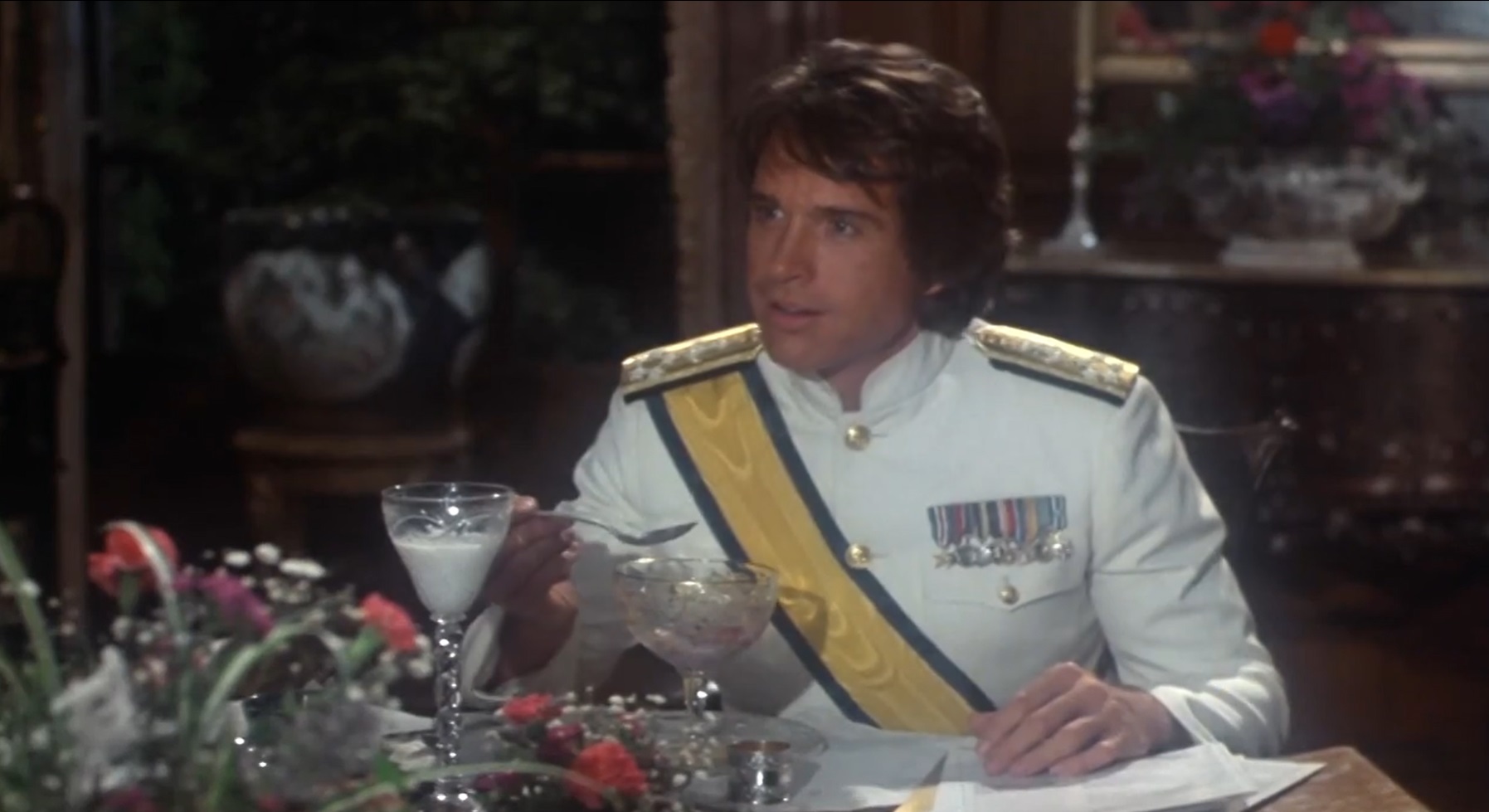
Previously I wrote a review of Asmaa el-Yamany’s novel Ashmadie. But the first novel of hers I bought that day was ‘We Were Created for the Dark’ (خلقنا للظلام, 2022), a time-travel novel about ancient Assyria – with vampires and werewolves to boot!
Interview by Emad Aysha
The heroine of the story, Serine, is an investigative journalist who daydreams all the time and is busily writing a novel about an ancient Assyrian queen, Talin. She finds herself confronting a corrupt tycoon smuggling contraband into the country, in this case, blood and is then inexplicably catapulted to the past and becomes the heroine of her historical novel.
An exciting and engaging novel, full of epic romance, action and a good dose of Egyptian humour at Serine’s newspaper. How did you write such stories, and what about your fascination with time-travelling to Assyria instead of ancient Egypt?
“I’ve been in love with story writing since I was little, authoring short stories since my tender years, and before I got into publication, I wrote and published electronically on my link Lovers of Writing (عشاق الكتابه). I have many stories on (عشاق الكتابه).
I have an electronic novel too called The Old Testament (العهد القديم), about the origins of witches and their persecution and how they were burned alive in the USA. As for printed books, I also published The Accursed Chain (السلسال الملعون), actually the first part of Ashmadie. It talks about the superstitions, magical practices, and beliefs of people in Southern Egypt.
As for Assyria, I chose it because it’s the oldest civilisation on earth, along with Babylon, and I’d researched it and the diverse lands that were part of this kingdom. Okay, why not Egypt? Because so many authors have already written about it. I wanted to break the mould.
I fell in love with the civilization of Assyria and Babylon, such old worlds with such a rich and also ‘neglected’ heritage of legends and stories.”
Are you a fan of the vampire genre?
“Definitely. I keep up to speed with the stories, TV series, and movies dealing with vampires. I’m a fan of that whole world. That’s how I learned about garlic. I didn’t need to do a specific study. The TV series influenced me the most. It was The Vampire Diaries (2009). And in South Korean legends, werewolves have white fur and blue eyes, as in my novel.”
Magicians play a vital role in this ancient world, cursing two tribes – the vampires, and werewolves. Did you get this from the Quran, the Jinn in Babylon teaching people magic?
“The story is pure fantasy, nothing to do with the Quran. That being said, magic is associated with Babylon in the Quran, and there are certainly legends in religious studies dealing with the supernatural from that part of the world. Even so, my novel took a very different angle focusing on a different set of legends about vampires, not devils.”

The novel has a lot of palace intrigue, betrayal, plots, and counterplots.
“This is history. It’s always been a struggle driven by power, lust, and envy. Murder and greed. Nothing new. The same with corruption today, an important plank in the novel.”
The werewolves here are sneakier. Do we have werewolves in Arabic folklore? Or vampires?
“Of course not; it’s all Western. Vampires as well as werewolves (المستذئبين). From here, we get the original mix for my novel, introducing the two to Arabic literature and culture.
However! There is an Assyrian devil who was known to be a bloodsucker, an old legend from the land of the two rivers (Mesopotamia). A female demon, actually, Lilieth (ليليث). According to Arabic legend, even the jinn was terrified of her as she fed on them as well. This creature emerges in Jewish cultures, too and quite frequently.
But Lilieth is not the basis for Talin if you are wondering. That creature is a devil, not a vampire. Again it’s all from my imagination.”
Did you initially work at a newspaper?
“Yes, I worked in a good print newspaper called The Free Promise (الوعد الحر). My education isn’t in journalism or writing, however. I did my Bachelor’s in Management. And my Masters’s Studies are in politics.”
There aren’t many women SF writers in Egypt, but their number is expanding. What about horror and fantasy writers?
“I’m glad to say I have not noticed any distinction between men and women in these fields in our beloved country. It is your imagination that distinguishes you. But we need a proper industry behind science fiction and fantasy, particularly why the West is ahead of us in those genres.”
Finally, when will you write a ‘proper’ science fiction novel with technological inventions and scientists? We need more SF, not more horror, I would say.
“I apologise for my two novels being horror. I should take up writing a different genre like action or detective fiction. I have written drama too, but again mostly horror. Thank Dr Ahmed Khaled Tawfik for drawing me to this field. Readers requested that from me when I wrote electronically, so I had to write more horror stories. What can I do?
As for science fiction, I do have a story in that genre, “The Sceptre” (الصولجان), where a hidden city is revealed via the Amazon jungle. But again, it’s in a mild form, not paper.”






